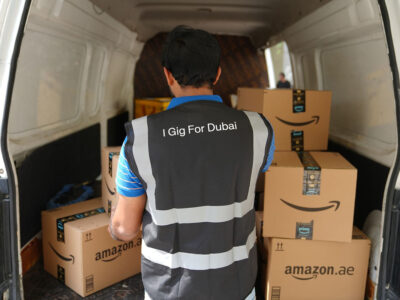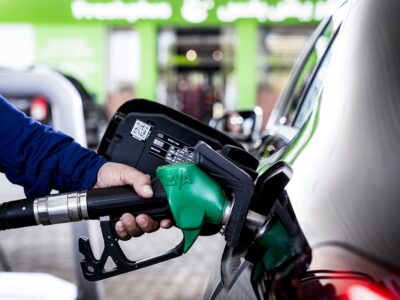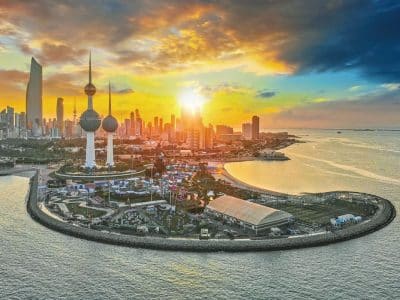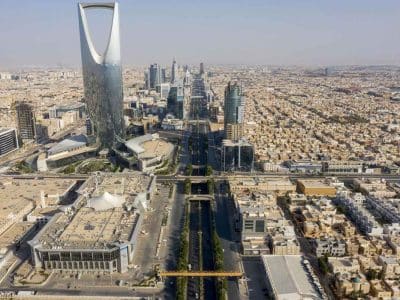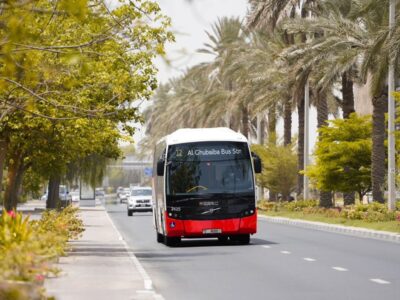Dubai’s Mall of the Emirates has earned a prestigious sustainability award for operation and maintenance, making it the world’s largest operating mall to receive the certification.
The Leadership in Energy and Environmental Design (LEED) Platinum Certification is an award of the highest level, recognising the establishment as a symbol of sustainability. This comes as the city gears up for the UN climate conference COP28 in November.
As part of the certification process, the Mall of the Emirates was evaluated on its environmental performance across five categories: energy, water, waste, transportation and human experience.
“It’s a proud moment for me specifically,” Khalifa Bin Braik, CEO of Majid Al Futtaim – Asset Management, exclusively told Arabian Business.
“It is obviously a huge milestone in the journey of Majid Al Futtaim’s sustainability, given that it is today the largest mall globally to get the LEED Platinum certification under the strict lead EBO version 4.1.
“Initially, when we started the work, the LEED Platinum criteria was very different. We started the journey, then the criteria became stricter and I think that pushed us to take even more steps within the journey to get to the LEED Platinum certification.”
The group’s sustainability partner, Enova, has also contributed to the mall’s environmental impact goals by advising on the strategy, playing a key role in this new milestone.
Since joining Majid Al Futtaim in July 2019, Enova CEO Renaud Capris said he was impressed by both the country and the group’s “consistency” in making their sustainability visions a reality.
“It’s not that they started two weeks before COP28. Sorry to say but some companies just recently initiated their sustainability initiatives. But the company started in 2014, almost 10 years ago,” Capris told Arabian Business.
“COP28 was not planned to be in Dubai at that time. And even during COVID time which was a hard time for Majid Al Futtaim I guess, we implemented initiatives for water for example. We never gave up on sustainability and we are proud of that.”

Top notch air quality
The shopping centre holds air quality to a very high standard, Bin Braik explained. In its partnership with Enova, Majid Al Futtaim has deployed high-tech sensors across its establishments to ensure that carbon dioxide and carbon monoxide levels are always monitored.
“I can say, with a high degree of certainty, that air quality is one of the main points of sustainability and we look at that very carefully. We use real-time data to ensure that we have the right level of comfort and air quality in the various zones within the mall,” he said.
“Whenever it gets to a point where it goes above a certain threshold, it doesn’t only send the trigger to engineers of Enova, but engineers and operations teams on the ground, and at a certain point to the director of the Mall of the Emirates. This is how important it is to look at the entire ecosystem. Because we have invested in the right level of metering within the infrastructure, it allows us to take quick decisions to look at various areas when it hits above the threshold.”
In addition to capturing CO and CO2 levels, 200 new IoT sensors, imported from Europe, will be deployed across all the group’s establishments to also capture Volatile Organic Compounds (VOC), Capris told Arabian Business.
“Given that we operate in a climate that is harsh when it comes to the heat it generates at certain times of the year, obviously [air quality], that’s one of our main focus areas. Ensuring we have the right level of comfort for a consumer in the various zones within the ecosystem is one of our most important criteria.”
Owned and operated by Majid Al Futtaim, the shopping mall has taken several measures since 2014 to increase its sustainability rating. Since 2018, through its energy and water conservation initiatives, Mall of the Emirates has saved an average of 15 million kilowatt hours of energy and 40,000 cubic metres of water per year – enough to power almost 1,300 homes for a year and fill an Olympic-sized swimming pool more than 16 times.
The mall also generates clean electricity through the installation of 7,291 Solar PV (photovoltaic panels) on the rooftop car park that spans 11,996 square meters. The solar PV plant reduces 5,360 tonnes of carbon dioxide emissions per year. In addition, for the LEED certification, the mall made remarkable progress in the Transportation category with an almost perfect score of 99/100 and 96/100 in the Human Experience category.
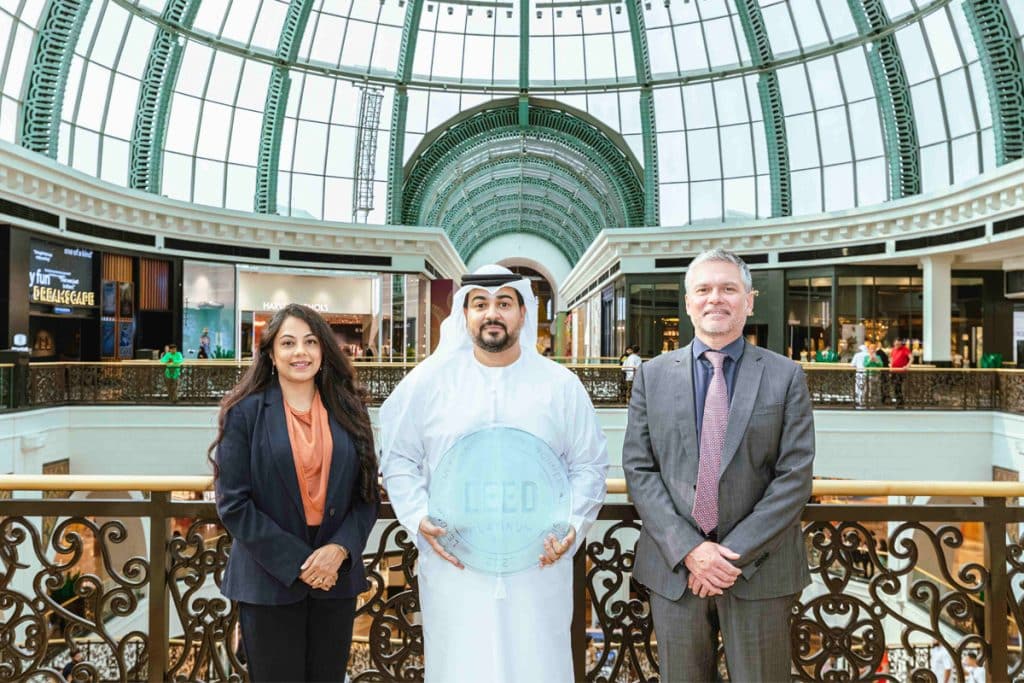
Majid Al Futtaim’s sustainability achievements
With the addition of Mall of the Emirates as a LEED-certified property, Majid Al Futtaim now has more than seven million square meters of green-certified assets across its portfolio. Malls including City Centre Deira, City Centre Muscat and City Centre Bahrain are set to be put forward for assessment and certification in 2023. This comes as Majid Al Futtaim announced its second Sustainability-Linked Loan (SLL), structured as a $1.25 billion revolving credit facility (RCF) linked to the company’s environmental, social and governance (ESG) related targets.
“The Majid Al Futtaim Assets Management has 43 assets. 29 are shopping malls. All the malls have some sort of green star rating. All of the new malls that are being developed, the minimum target would be LEED Gold,” said Bin Braik.
“All of the hotels are LEED Platinum.”
The LEED rating system recognises energy and resource efficient buildings that reduce waste and energy generation, use water and other resources in a cost-effective manner and are overall sustainable through design, structure and their overall operations.
Certified buildings are also measure by their success in prioritising occupants’ well-being with clean air, natural light, and enhanced indoor quality.
Net positive by 2040
The group has a goal of becoming net positive by 2040. In order to achieve this, it aims to considerably reduce water consumption and emissions within its ecosystem, among many other initiatives, which will eventually give back more than it consumes to the community.
“The journey is continuous and we hope that by 2040, all of our malls will be, at the bare minimum, LEED Gold,” Bin Braik said, teasing that more LEED certification announcements will be coming before the UN climate conference.

